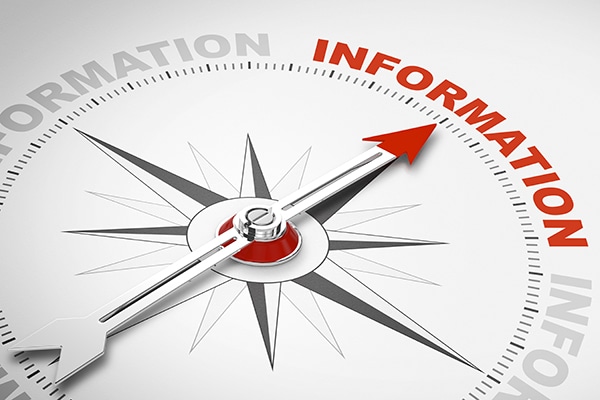On the issue 200 of AboutPharma magazine, a cura di Stefano Di Marzio, viene pubblicata un’intervista al 
Secondo il professore ” non abbiamo norme che specificamente disciplinano la divulgazione di informazioni ai pazienti da parte di aziende farmaceutiche, sia dal punto di vista proattivo, a iniziativa del titolare della Aic, sia dal punto di vista reattivo in risposta a domande che i singoli cittadini possono rivolgere alle aziende”.
Someone said, adds the professor: “if we have to subject the information that pharmaceutical companies provide to citizens to a preventive evaluation, we are violating the constitutionally guaranteed right to freedom of information. If, on the other hand, we do not do so, we risk untruthful or misleading information being disclosed". Today I believe that the time is ripe, also because we live in an information society but also in a disinformation society. And since a process of reform of all pharmaceutical legislation in Europe is in the making, I believe the time has come to introduce rules that also regulate this area.
The competence to regulate the exercise of the right to information, continues prof. Salvatore, also in the field of health belongs to the Member States. In the moment in which these were to intervene, there would possibly be a need for European coordination to ensure that the fundamental principles set out are respected
Furthermore, continues the professor: Who better than the pharmaceutical company is able to provide scientifically accurate information on their drugs? It is clear that these, both proactively and reactively, they cannot be of a promotional nature and must correspond to the characteristics of the product indicated in the Rcp and in the leaflet. Pharmaceutical companies, as an "authentic" source of relevant information, must therefore have the opportunity to intervene in a qualified manner by fulfilling an important task they care about for the health of patients. In short, I believe that under these conditions it is also a civic duty on the part of those who produce and market drugs.
L’intervista si conclude con queste due ultime domande:
In my opinion, yes also because the legislative decree 219 of 2006 is an act of transposition of a directive of the European Union, the 2001/83 which is the Drug Code. Since we are changing it in Europe, it will also be necessary to adapt the transposition law.
Specifically, who should take action on this issue? Trade associations come to mind, from Efpia to Farmindustria. Are there other subjects that it would be appropriate for them to pronounce themselves?
On the one hand, the patient associations, who are the subjects most interested in having accurate and punctual information on the drugs that are marketed. On the other hand, representing the Member States, the Ministries of Health. Because it is their institutional interest that the information disclosed and relating to medicines is precise, accurate and consistent.
